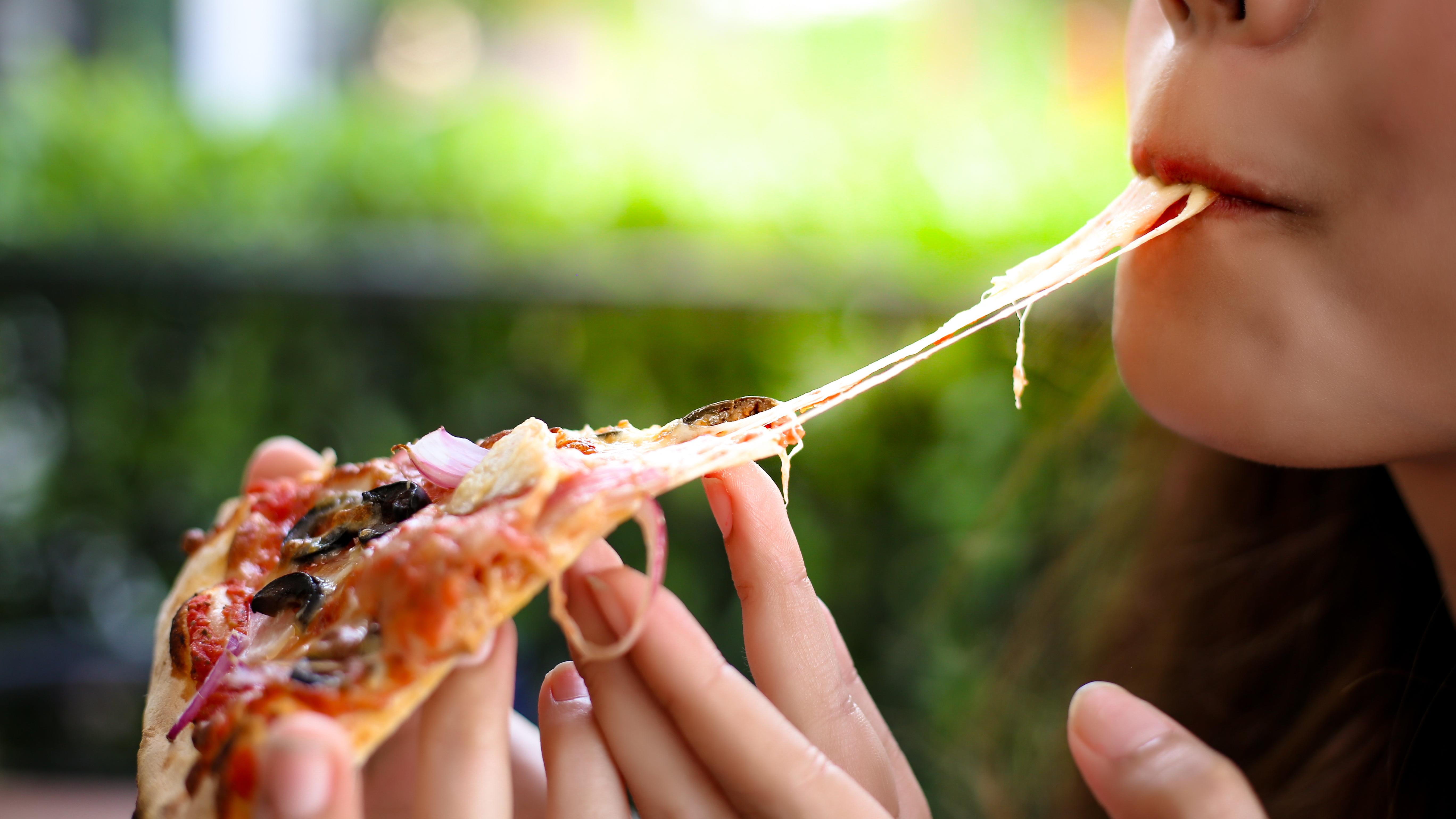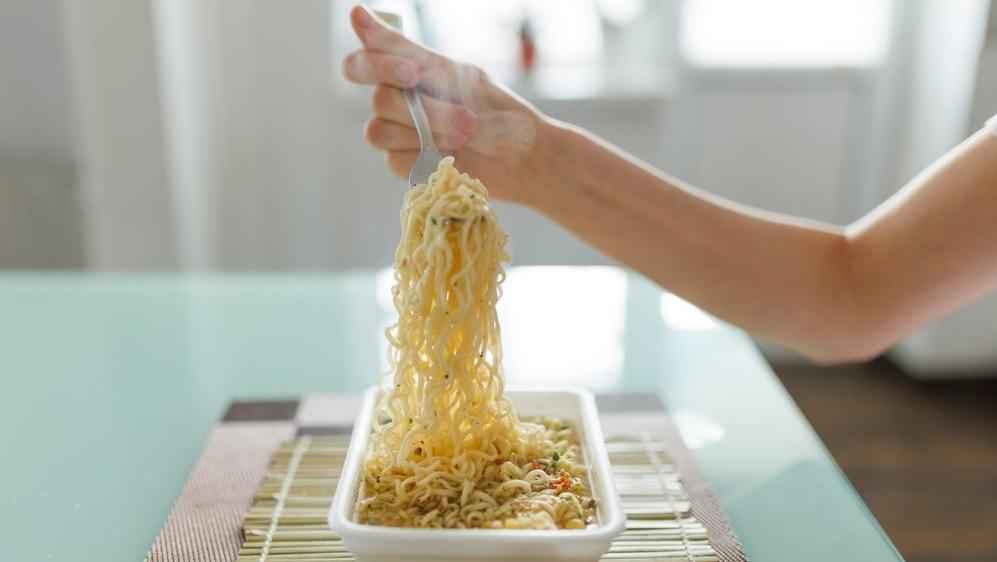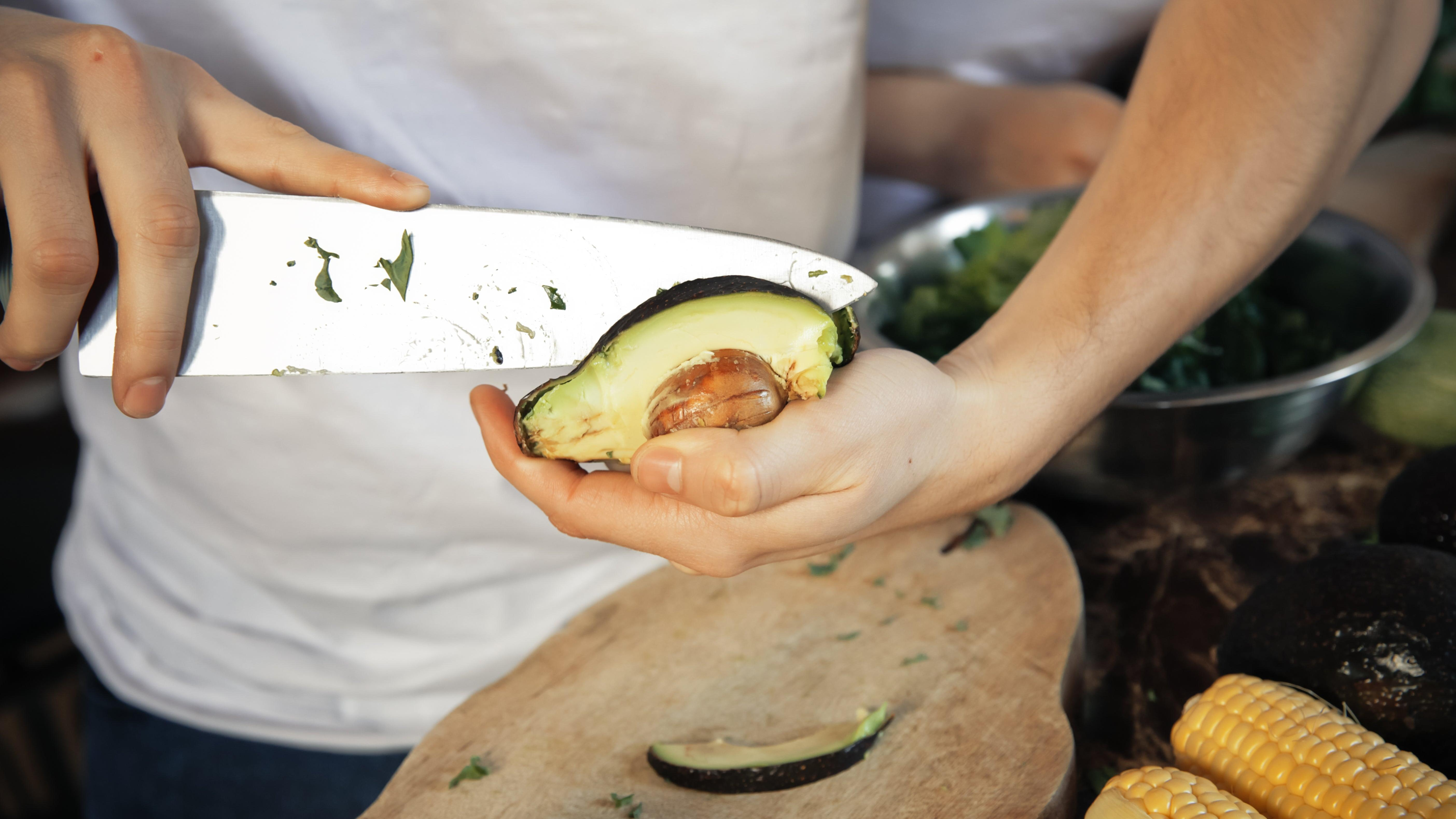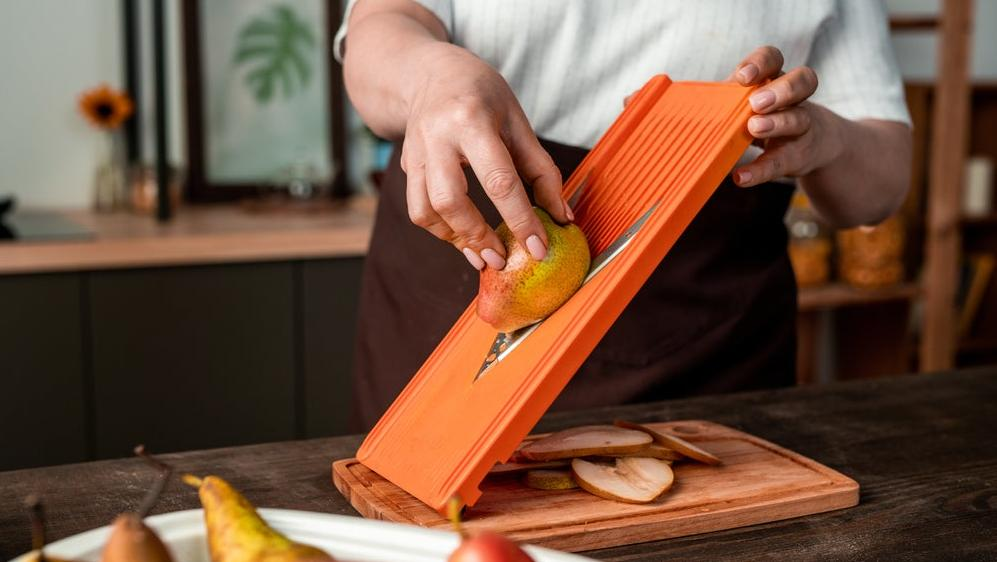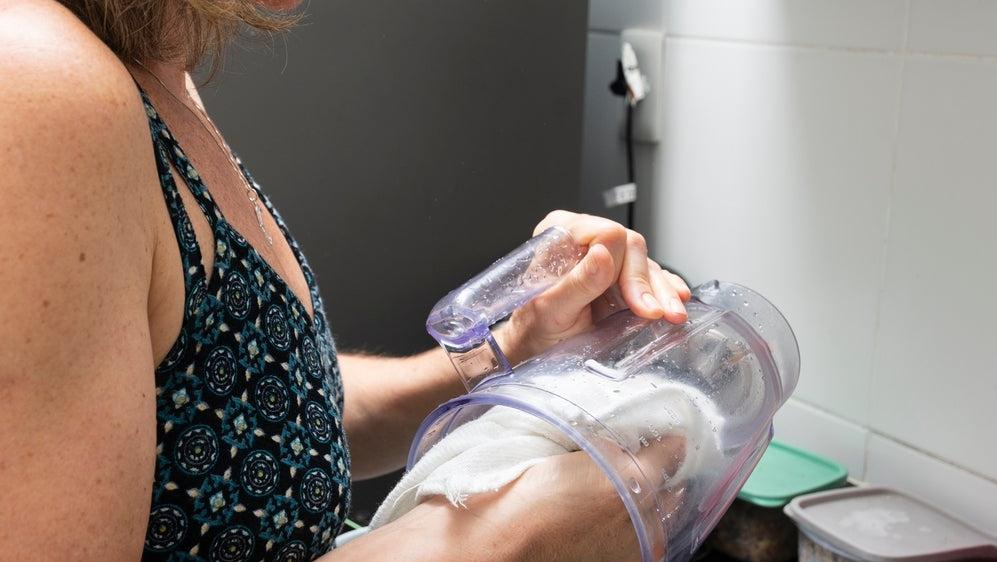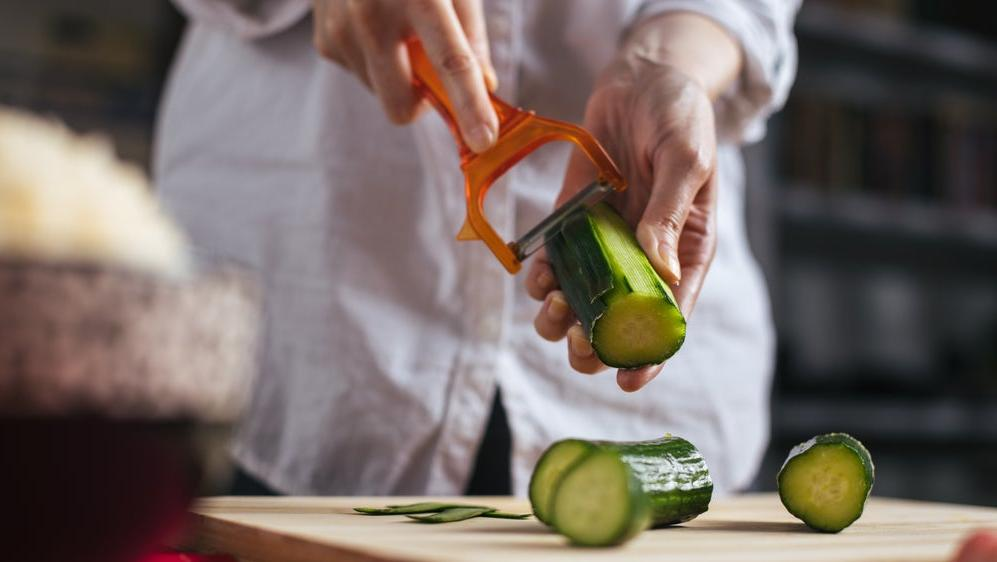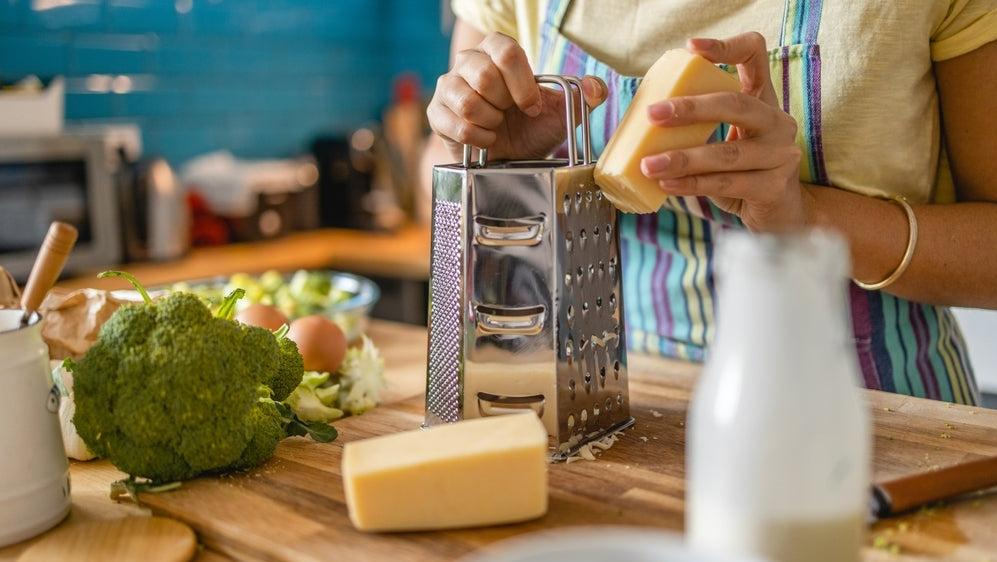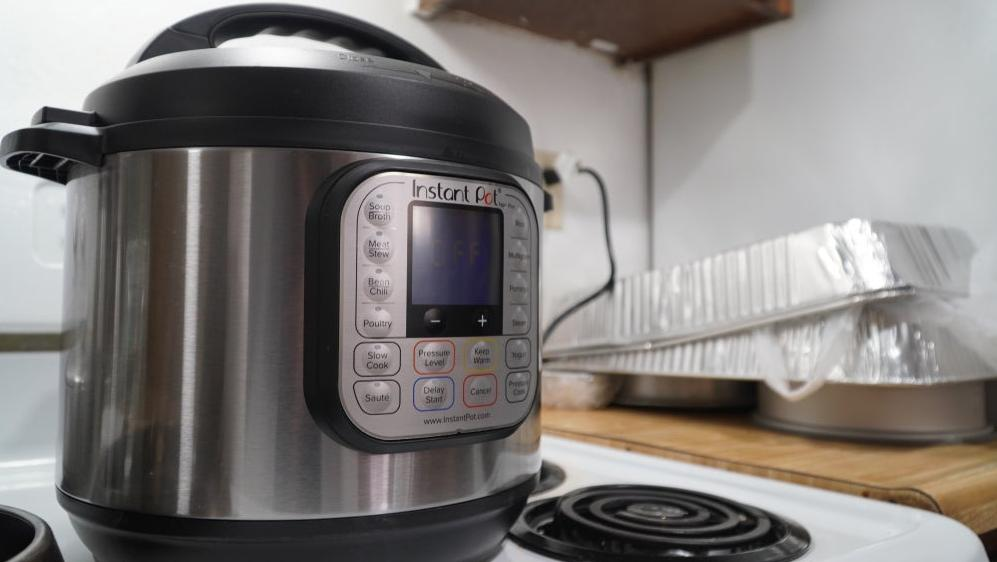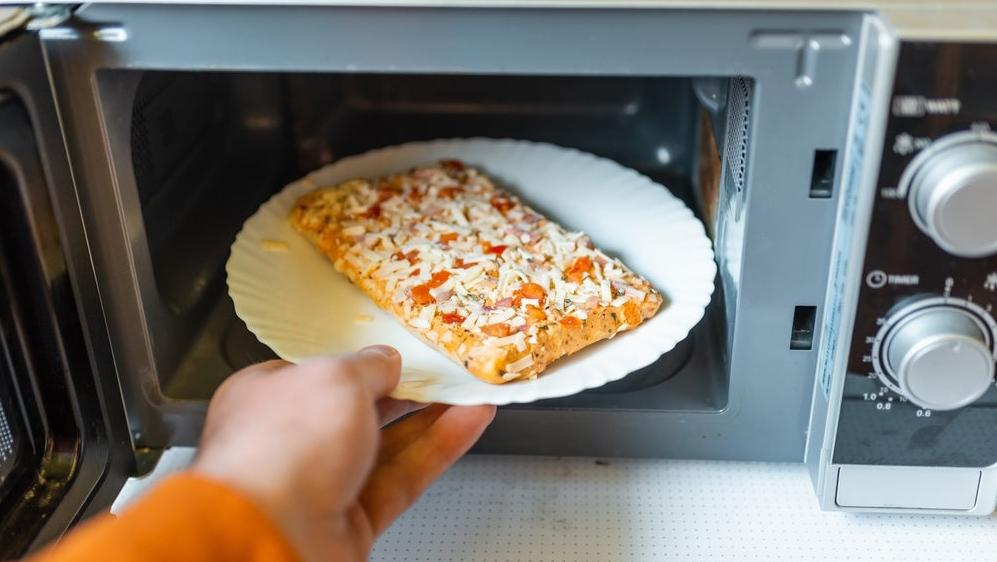10 Food-Related Injuries That Happen Way More Often Than You Think
Be safe out there. You never know when one of these kitchen injuries might strike.
We may receive a commission on purchases made from links.
Kitchen injuries happen to the best of us, at least every now and then. Whether you have professional-level knife skills or can barely slice a tomato, accidents can occur. Sometimes, however, food puts people in peril in ways you just wouldn't expect.
Scrapes, burns, and other injuries result from certain foods and cooking tasks with surprising frequency. This doesn't mean you can't enjoy your favorite hot foods or chop up fresh fruits and veggies with confidence; just take a look at these 10 common food injuries and be sure to handle your next meal with caution.
Instant noodles
Instant noodles. The fuel of college students, the culinarily curious on a budget, and my underfunded self. The speed and satisfaction of instant noodles are well documented, but surprisingly, so are the injuries that can result from them. In a study examining 790 cases of children admitted to the burn center for scald injuries from hot liquids from 2010 to 2020, researchers at The University of Chicago Medicine found that a whopping 31% of cases involved instant noodles.
Although the study didn't look at the exact circumstances of the burns, the burn team noted that many came from spills when removing noodles from the microwave or spills while eating, due to the narrow base on a cup of instant noodles.
Avocados
With the boom of avocado toast also came the phrase "avocado hand." Unfortunately, this isn't some avocado-based hand cream treatment. A 2019 study published in The American Journal of Emergency Medicine looked at emergency room data and found that nearly 6,000 people went to the ER with avocado-related knife injuries in 2017 alone. The injury often happens when people are trying to free the avocado pit and their knife slips and catches a finger or part of the hand. Holding any fruit or vegetable while cutting can be dangerous, so experts do recommend placing something protective over the hand or using plastic devices that help with cutting avocados.
Mandoline slicers
Mandoline slicers, as with many other kitchen gadgets, provide added convenience and can create beautifully uniform results. However, they are also a significant hazard to your hands. The New York Times reported back in 2013 that cuts from slicers and choppers accounted for 21,699 estimated emergency room visits nationwide in 2011. Keeping this type of wound clean and dry can also be a challenge, since we use our hands every day. The worst part about this seemingly minor injury is that many who have experienced it allege they lost feeling in that part of their finger and never gained it back.
Champagne
Popping open some champagne is usually a moment of celebration, but most of us instinctually flinch while the person doing the honors aims the bottle. This might be because, although rare, getting hit with the flying cork from a champagne bottle has been known to cause some serious damage. The American Academy of Opthamology notes instances in which people struck in the eye by a champagne cork lost vision permanently, developed cataracts, and/or developed advanced glaucoma. Always watch where you point that bottle.
Blenders
You would think people know better than to stick their hand inside of a blender while it's plugged in, but one absentminded moment can result in injury. Immersion blenders are much smaller than the traditional variety, and they're meant to be handheld, but The New York Times reports that immersion blenders sent 7,261 people to emergency rooms in 2011 thanks to hands going into the wrong places. Stand-up blenders are hard enough to clean, but sometimes the tiny nooks and crannies of an immersion blender cause injuries too, especially because the hand holding the stick steady while cleaning might accidentally nudge the power button. Whenever possible, avoid touching the blade at all and simply immerse it in soapy water—detached from the power source, of course.
Peeling vegetables
Similar to the slicing that leads to avocado hand, peeling produce can be a tricky and dangerous task. Once again, the danger here comes from the fact that you have to hold the knife in one hand and stabilize the food with the other, rather than laying them on a flat surface to peel. Even more dangerous is a blunt tool: Ina Garten tells Food & Wine that zesters and vegetable peelers should be replaced every 12 months to avoid rust, dullness, and injury. A blunt tool tends to slip and creates a higher chance of injury. As any chef will tell you, sharp knives are safer knives.
Beer
When there's no bottle opener in sight, people get creative to unleash their brew. But as cool as some of these opening tactics might look, each one poses a threat to your safety. For example, Vice reported in 2019 that a man in China had to have a chopstick surgically removed from his hand after attempting to open a beer bottle with it. Although many people, Hailey Bieber included, have successfully pulled off the party trick of opening a beer bottle with their teeth, one wrong move could still land a person in the dentist's chair with a chipped tooth or worse.
Cheese graters
Similar to the mandoline slicer, cheese graters present a threat to your digits as you operate them. One unfortunate Reddit user said they cut themselves on cheese graters at least once a year while cooking and can't seem to find a way to prevent it. Ultimately, taking things slow and steady, and wearing protective hand gear if you have it, is the only way to prevent this particular injury. We can attest to the effectiveness of cut-resistant gloves in our own cheese grating adventures, so you don't have to resort to buying the dry, expensive pre-shredded cheese in a bag at the grocery store.
Instant Pot
As quick and convenient as pressure cookers like the Instant Pot can be, they can also be very dangerous because of the exact function that makes them useful. The pressure and steam that builds up within these kitchen appliances while cooking can cause major injury, including burns if not released from the machine properly. Despite safety valves, pressure gauges, and locking lids, accidents have still happened and led to multiple lawsuits. Many lawsuits call the accidents "explosions," but more accurately, what's happening is that when a person opens the lid of the cooker, pressure can be released too suddenly, allowing steam or scalding hot liquids to come flying out. To avoid this, release the pressure gradually and let the contents sit for a minute before opening the lid away from you.
Frozen pizza
We would never tell anyone to stop eating frozen pizza, but if there were ever a case for being patient before digging into a slice, this is it. The U.S. Consumer Product Safety Commission found that there were 2,300 emergency room visits for pizza-related injuries in 2017. A portion of those injuries were due to people burning their mouths because they did not let the pizza cool down—scalding-hot cheese takes longer to cool down than people realize, and by the time they take a test bite, it's often too late. Apparently, it's a lesson we're slow to learn, because a study published in 1999 notes that palatal burns from microwaved pizza were becoming more and more common at the time.
